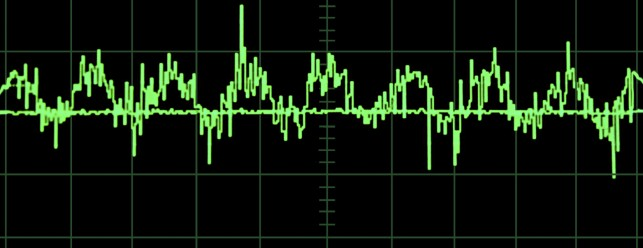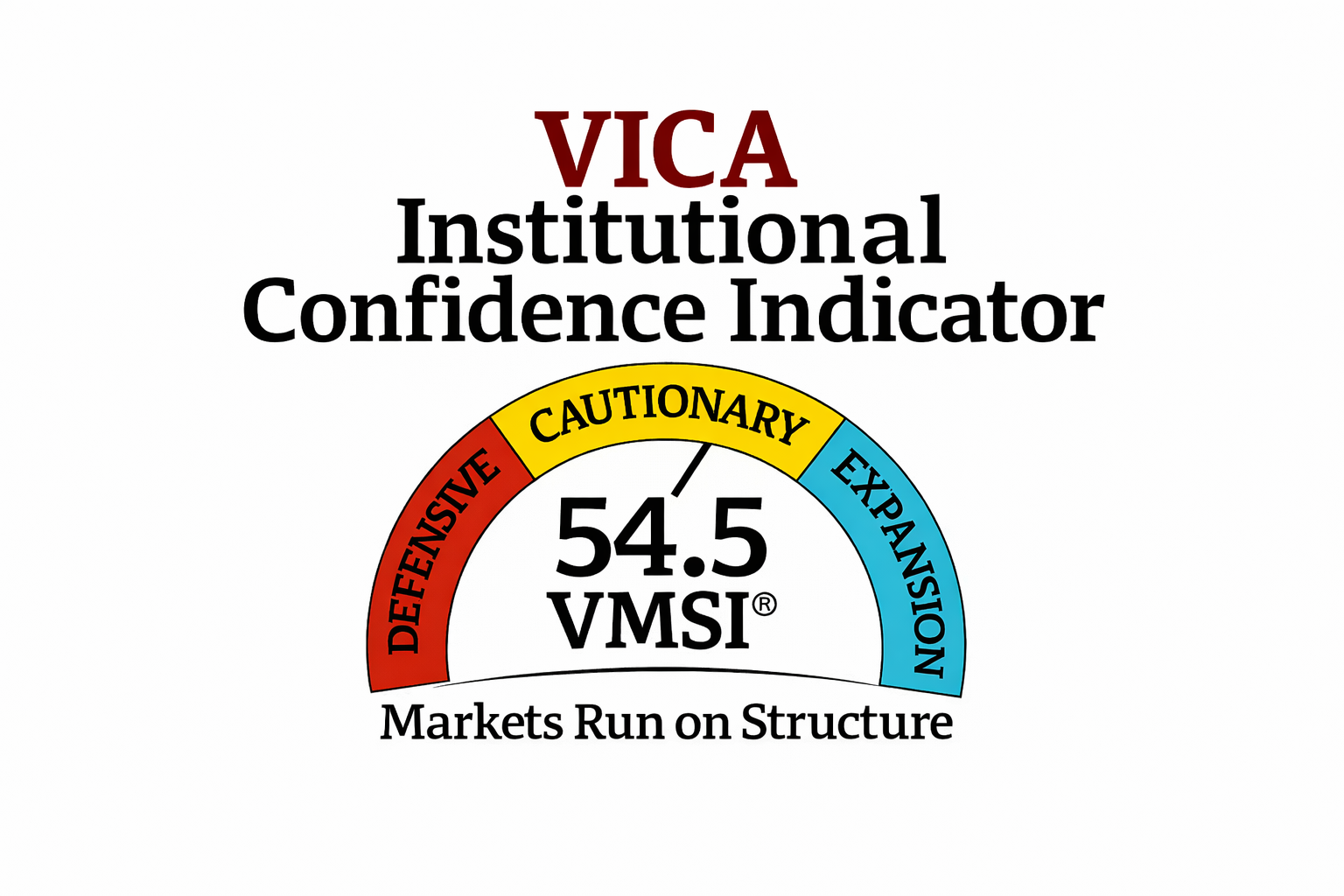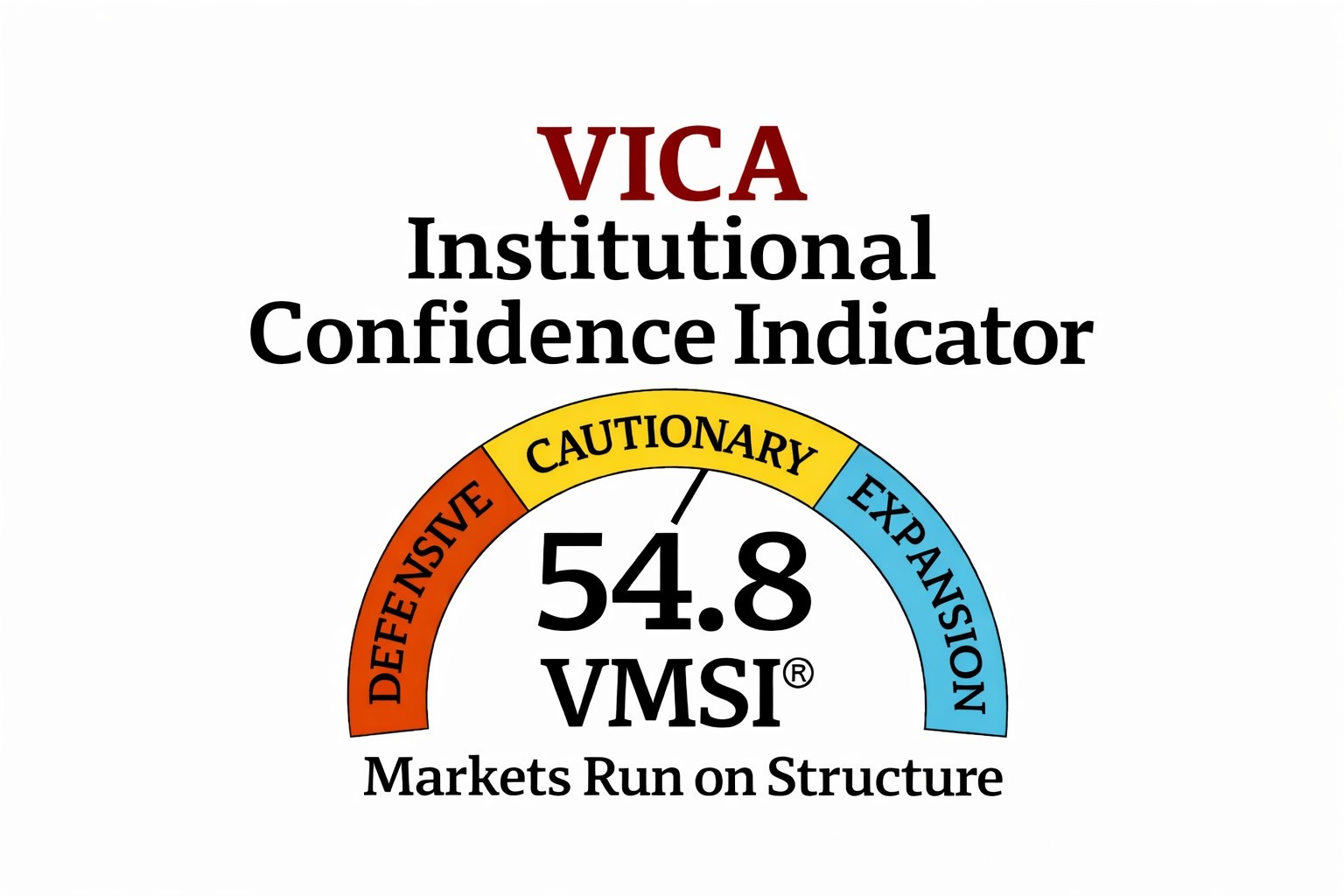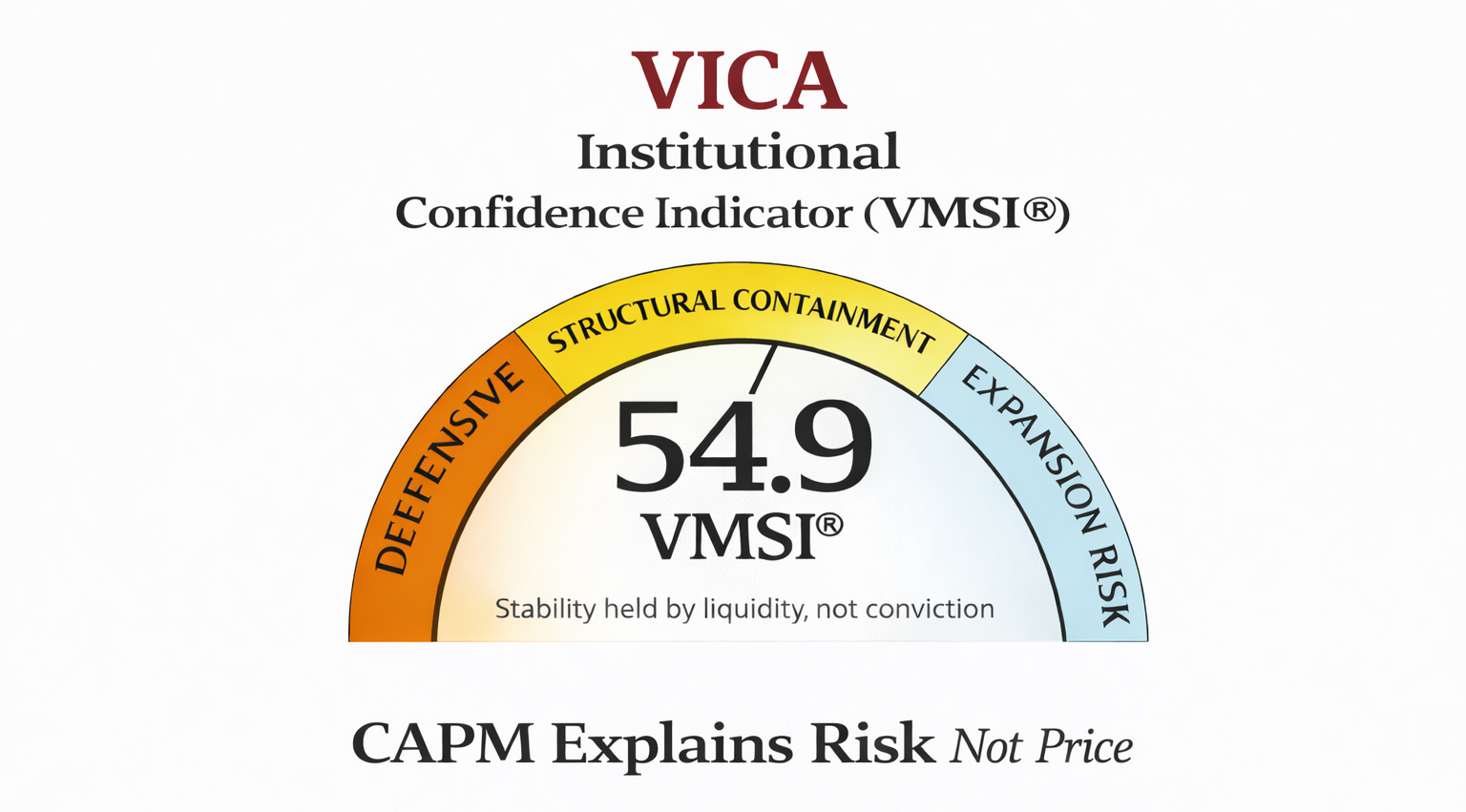The opposite of “extrapolation bias” or “recency bias” is known as “mean reversion” or “regression to the mean.” Mean reversion suggests that extreme or outlier data points are likely to return to the average or historical norm over time.
Instead of assuming that current trends will continue indefinitely, mean reversion recognizes that exceptional performance, whether positive or negative, tends to regress back to the long-term average. This concept is based on the idea that extreme events are often caused by temporary factors or anomalies, and the natural tendency is for things to normalize over time.
Investors who understand mean reversion consider the historical performance and valuation of a company or investment and recognize that it is unlikely to sustain exceptional growth or decline indefinitely. They take into account factors such as cyclicality, market forces, and the tendency for markets to correct themselves.
By acknowledging mean reversion, investors can avoid getting caught up in the hype of a company’s recent success or failure and make more balanced investment decisions. They recognize that past performance is not necessarily indicative of future results and consider a broader range of factors when evaluating an investment opportunity.




